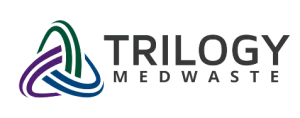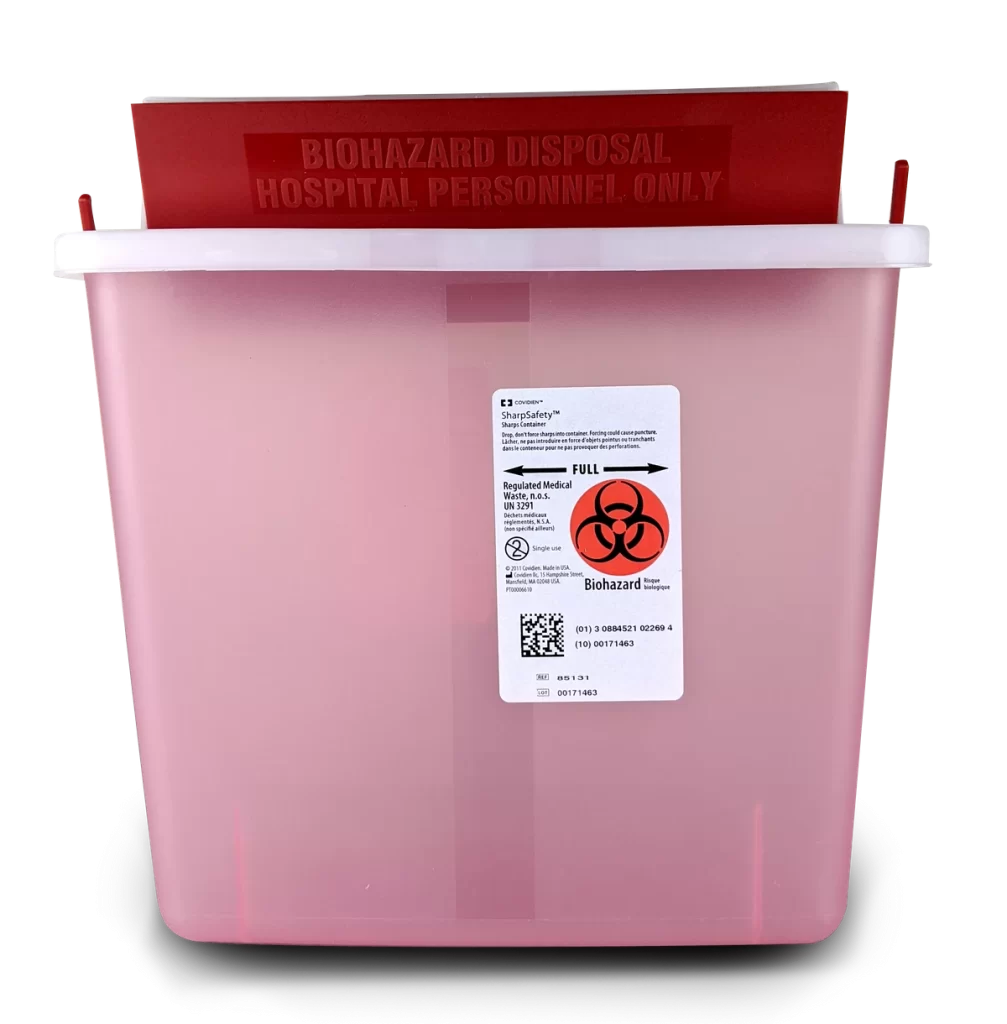Public Notice: Albuquerque, NM Solid Waste Facility Permit
PUBLIC NOTICE OF SUBMITTAL OF DOCUMENTATION FOR A SOLID WASTE FACILITY INTERIM REVIEW, Trilogy MedWaste West, Bernalillo County, New Mexico Pursuant to Section 22 of the New Mexico Solid Waste Act (Section 74-9-22 NMSA 1978) and 20.9.3.8.G and 20.9.3.24 NMAC (New Mexico Solid Waste Rules), notice is hereby given to the public and other affected individuals and entities that Trilogy MedWaste West has submitted documentation for an interim permit review. Trilogy MedWaste West, LLC (Trilogy) submitted documentation to the Solid Waste Bureau of the New Mexico Environment Department regarding the reissuance of solid waste permit, SWM-010150(SP), for a period of an additional 15 years after the successful conclusion of the five-year Affirmative Action operating permit. In accordance with Section 74-9-24 NMSA 1978, the New Mexico Environment Department shall review solid waste facility permits for privately-owned and operated solid waste facilities at least every five (5) years. The Applicant was issued




